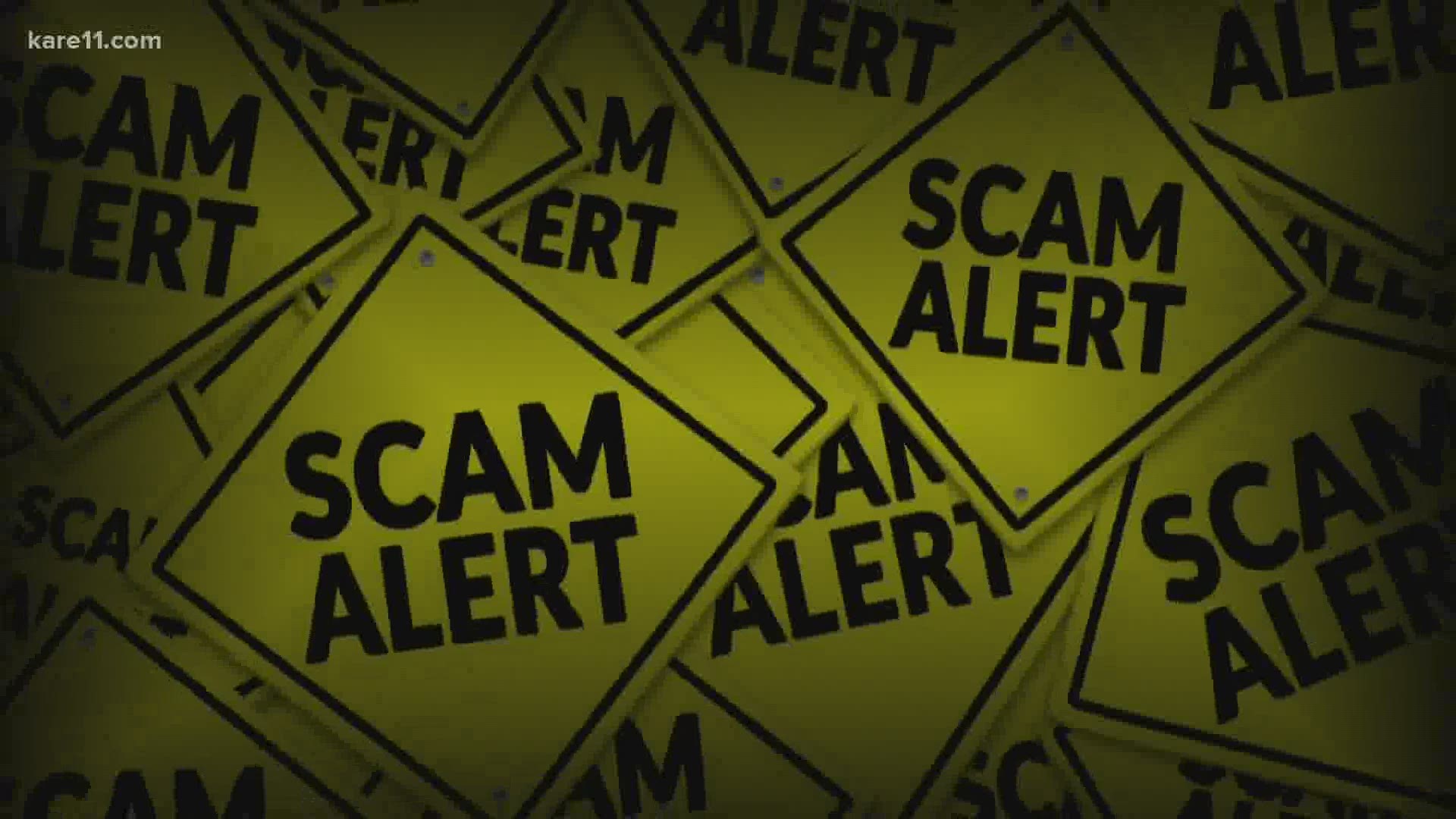
Job hunters have long been warned to watch out for the fake texts from phony employers and those $30 an hour, work-from-home job descriptions that sound just too good to be true.
Now, those who remain on the job must worry about the phony pink slip.
As fear increasingly factors into our financial future, scammers have figured out yet another way to get people who are already on edge to quickly “click here” via a phishing email. And they’re playing up two of our biggest worries: getting sick or getting fired.
Many people likely haven’t heard much about this scam yet. But fraudsters have been sending out large volumes of termination notices during the pandemic, according to Jessica Dore, an expert in technology risk management and a principal with Rehmann in the Saginaw, Michigan, office.
“What they’re playing on is everybody not working in an office environment,” Dore said.
Just a year ago, you might have picked up some layoff buzz in the cafeteria or at a Starbucks near the office. Now, employees are more isolated and, perhaps, more easily caught off guard. And the scammers know it.
Cybercriminals are targeting remote workers with fraudulent termination phishing emails and invites to teleconference meetings, according to federal authorities.
As part of the phishing email or text, you might be asked to click on a link to receive more information about a severance package.
If you fall for it, and click on a link, you might end up downloading malicious code onto your computer that allows the hacker access to your personal information. Or the scammer might have engineered another way to collect your Social Security number or log in information.
If you’re alarmed by an email related to your termination, you might act before you spot that the spoofed email address looks like your company’s real email address but is slightly off the mark.
In general, it’s best to reach out to human resources or your manager before clicking on any link involving a termination notice.
Given that so many people are working from home, and will continue to do so, it’s especially important to make sure that employees are aware of security threats, Dore said.
Multifactor authentication is key, she said, adding another layer of security, especially because many people use passwords that can be too easily hacked. Tip: You don’t want to use the season and the year for a password.
Coronavirus chaos opens doors to fraud
COVID-19 – and the economic uncertainty of 2020 – created more opportunities for scammers to trick people out of their money and their l data.
The Federal Trade Commission reported that it had received 83,858 fraud reports this year through Aug. 9 relating to COVID-19 and the economic stimulus packages.
Consumers have lost $105.7 million to such scams nationwide. Some big scams relate to online shopping, including masks or cleaning products that never arrive, and vacations that are tough to cancel. The median fraud loss nationwide was $280.
“And we know this is just the tip of the iceberg,” said Jon Miller Steiger, director of the East Central Region for the FTC. The regional office, based in Cleveland, serves Ohio, Michigan, Pennsylvania, Virginia, West Virginia, Maryland, Delaware and the District of Columbia.
“They’re hoping to catch people with their guard down.”.
Many times, consumers don’t report when they’ve been ripped off. Consumers can file complaints at ftc.gov/complaint. A link on the top of that page allows you to highlight consumer complaints related to the coronavirus. Or call the FTC’s consumer response center at 877-382-4357.
Maybe you don’t know someone who tested positive for COVID-19
One area of particular concern going forward involves fraud relating to scammers who are attempting to impersonate contact tracers who will alert you to the possibility that you were near someone who tested positive for COVID-19.
“Some scammers are pretending to be contact tracers so they can profit off of the current confusion,” according to an FTC alert. “They’re trying to steal your identity, your money – or both.”
Depending on how a state has set up its program, legitimate contact tracers may call, email or text to collect information.
But you need to watch for red flags. For example, a contact tracer is not going to ask you for money, your credit card number or your Social Security number to verify anything.
Don’t fall for a pitch from a caller who supposedly needs your credit card information and mailing address so they can mail you a test kit.
Don’t share your immigration status with someone claiming to be a contact tracer. Don’t download anything or click on any links that were supposedly sent by a contact tracer.
The best advice is to ignore and delete scam messages.
“We’re seeing for the most part variations on scams we’ve seen before,” Steiger said.
Scammers use the pandemic in much the same way that they’d tap into confusion after a hurricane or other disaster.
While scammers target consumers of all ages, Steiger said, there’s some concern that younger consumers might be more willing to click on a link because they’re so used to getting information that way.
And since plenty of people remain out of work, scammers have a plan of attack for that scenario, too.
The fraudsters are offering fake contact-tracing jobs to collect both Social Security numbers and fees.











